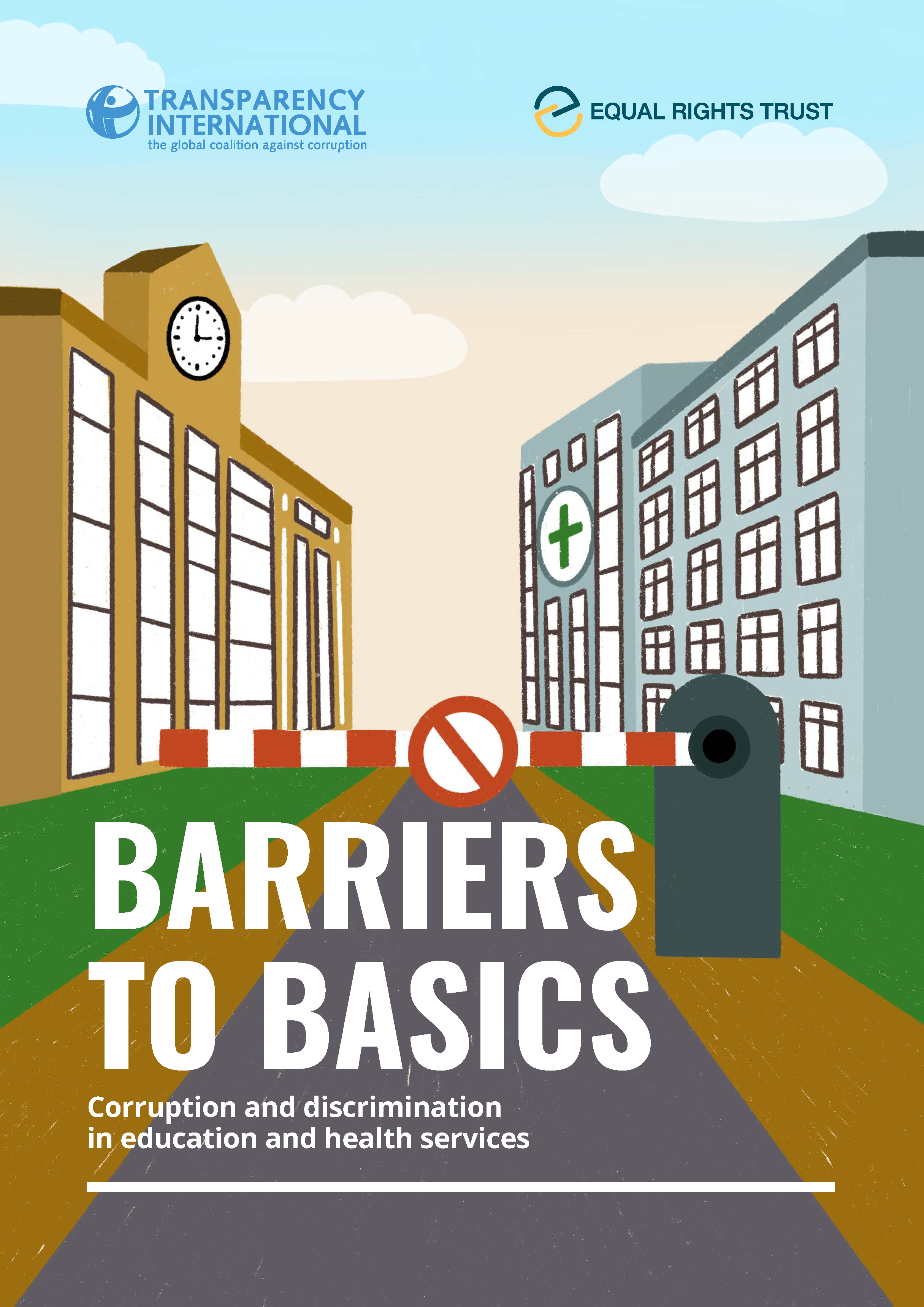Barriers to basics
The Barriers to Basics report by Transparency International and the Equal Rights Trust reveals how corruption and discrimination often work together to block access to essential education and health services, particularly for marginalized groups.
Drawing on case studies from Ghana, Madagascar, Rwanda, the DRC, and Zimbabwe, it documents practices such as bribe demands, discriminatory ID systems, informal payments, and sexual exploitation in schools and hospitals. For example, in Madagascar, so-called “gratitude payments” in maternal healthcare, often presented as voluntary, can become a barrier that deters women from seeking care, especially in rural communities.
The report calls for integrated anti-corruption and anti-discrimination measures, stronger legal protections, inclusive service delivery, and better data collection to ensure that everyone can access their basic rights without facing systemic barriers.

